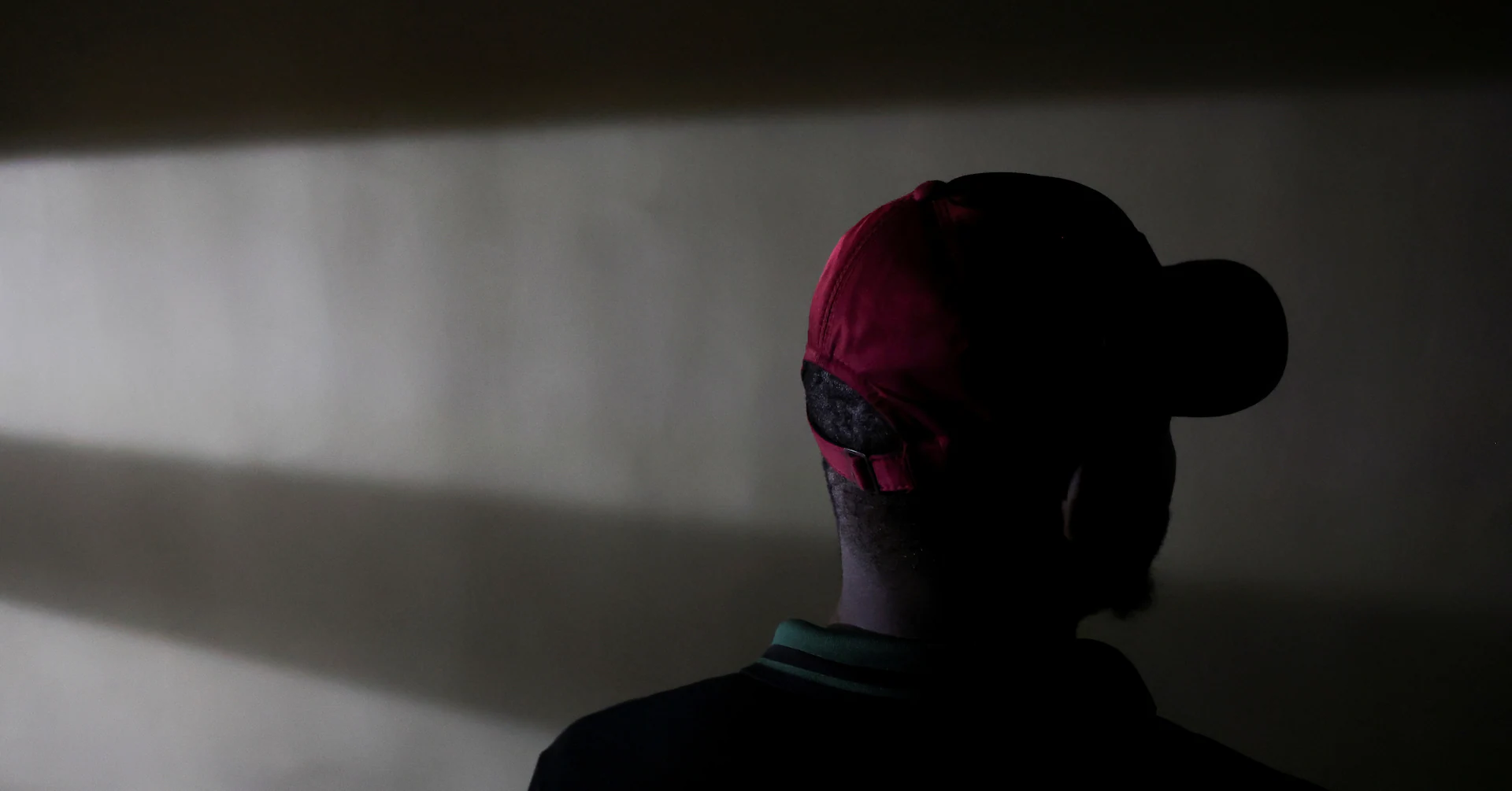Copyright maltatoday

Tomislav SOKOL is a MEP (EPP) and coordinator of parliament’s Committee on Public Health Peter AGIUS is a MEP (EPP) and member of parliament’s Committee on Public Health Can Europe afford to ignore mental health? Every October, we pause briefly to talk about mental health. But for millions of Europeans, this is not a one-day issue. It’s daily life. It’s the student afraid to leave her dorm room. The father who hasn’t slept in weeks. The nurse who gives care but can’t ask for it. This year’s World Mental Health Day theme—mental health is a universal human right—shouldn’t just resonate. It should ring alarm bells because the numbers tell a sobering story: One in eight people globally live with a mental health disorder. In Europe, nearly half of all citizens (46%), according to the June 2023 Eurobarometer, say they’ve experienced emotional or psychological distress in the past year. And among those who have struggled, more than half did not receive professional help. The pandemic pulled back the curtain on something many already knew. Isolation, financial strain, and fear created a perfect storm. But the storm didn’t pass. Even now, long waiting lists, underfunded services, and stigma keep people from getting the care they need. The cost? Not just emotional. It’s economic, too. According to the latest available data, mental health issues cost the EU over €600 billion every year, which is more than 4% of our GDP. That’s productivity lost, sick days taken and lives derailed. Citizens across the EU are speaking up. We increasingly read about the plight of young people across Europe who are facing issues such as burnout and struggling with mental health problems. They reflect the hidden human cost behind the data—the pain that doesn’t show up in spreadsheets but in lives interrupted and futures put on hold. And yet, even as awareness grows, the gap between need and access remains wide. Mental healthcare is still a postcode lottery. Geography, income, or even age can decide whether someone gets help, or doesn’t. That’s why the EPP Group is pushing for a new approach. One that places mental health where it belongs: at the heart of EU policymaking. Back in 2023, we advocated for the establishment of a dedicated committee on public health. That was just the beginning. Today, this committee works closely with the European Commission and leading experts to gather data, shape strategy, and hold institutions accountable. Better data means earlier detection. Earlier detection means better outcomes. But it’s not just about numbers. It’s about people, especially young people. Europe’s youth face unprecedented levels of stress, anxiety, and depression. The EPP Group is calling for mental health education in schools, more support for teachers and families, and fast-track access to care for young people both inside and outside education systems. We also believe mental health services must be affordable and easy to access. That means more investment, yes. But it also means smarter investment: in training, research, prevention, and cross-border cooperation. No one should be left behind because they live in the wrong country or can’t afford the right therapist. Mental health policy cannot be treated as a side issue. It is the foundation of a healthy, productive, and resilient Europe. So, can Europe afford to invest in mental health? The truth is, we can’t afford not to. A stronger Europe begins with healthier minds. Let’s make mental health a right, not just in words, but in action.



